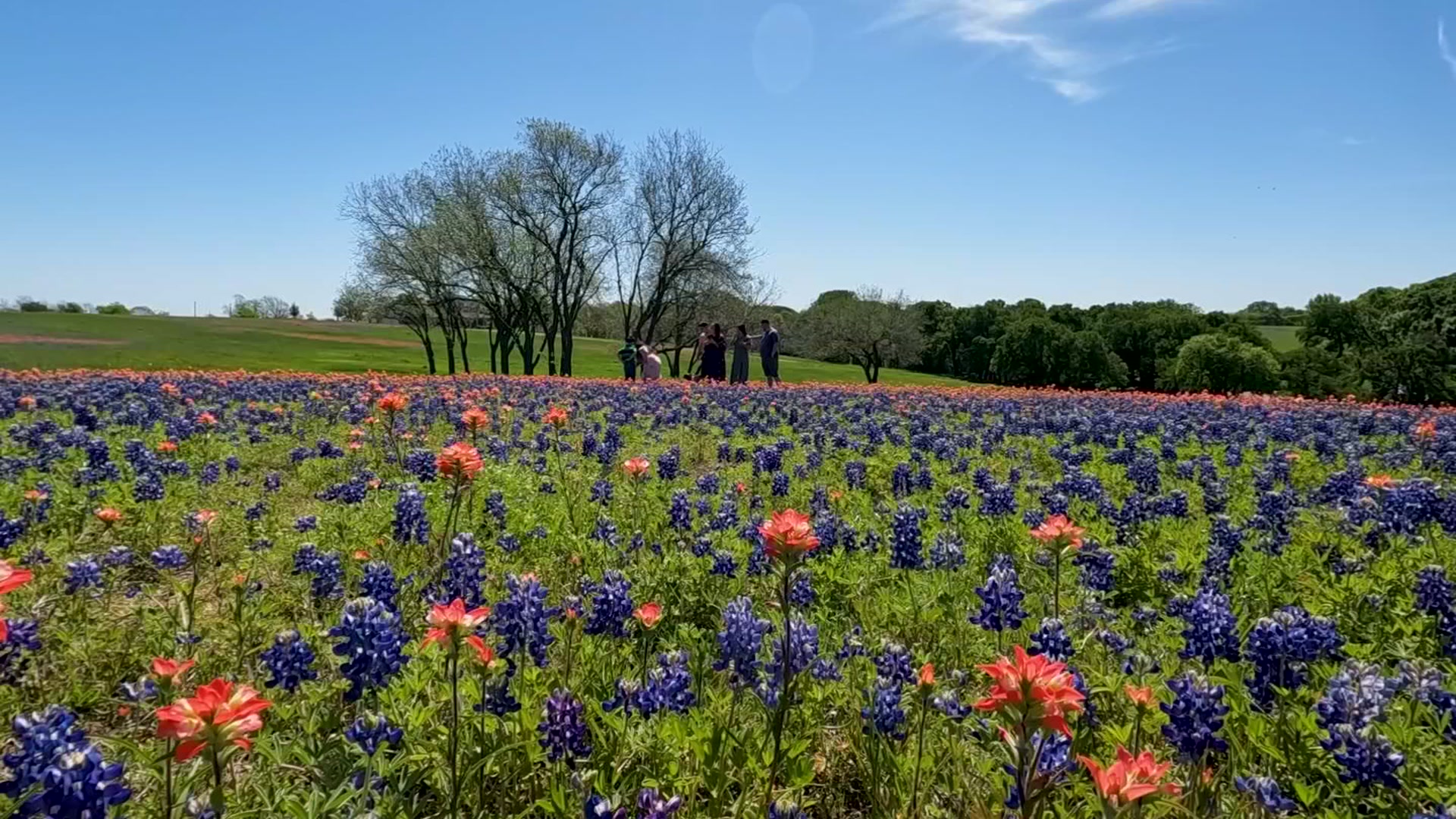He didn't have to look at a map to know the way.
"It's the house with a big tree pushing up the concrete," Jonathan Hein said.
The Victoria Advocate reports he leaned forward in his seat, put his nondescript white car into park, grabbed a clipboard from the center console and walked on the uneven concrete to the front door.
He was only inside for a few moments, but he's learned that moments of connection are precious to those with a mental illness.
"It's a small investment, really," he said.
And it went on like this for the next four hours on a recent weekday.
Hein is a Victoria police officer.
Local
The latest news from around North Texas.
And since 2017, he and one other officer have made more than 1,000 diversions from the Victoria County Jail.
Although that may seem counterproductive, law enforcement has long asked for this.
They say jail is no place for people with mental illness, so the officers instead connect them with services or lend an ear.
And Gulf Bend Center, which the officers are based out of, will be advocating for the continued funding of this and other programs when the Texas Legislature convenes this month.
To do this kind of work takes a different approach, Hein said.
Not only is his car absent of any police emblem or sirens, but his uniform is understated. He wants to be approachable -- or as approachable as he can with a badge and a gun.
"Even as a police officer, if a car gets lit up when we're driving down the road -- off duty -- we get the same, `Oh crap,' feeling that everybody else does. You tend to not want the police to take note of you," he said.
One of Hein's stops was at the home of a 23-year-old man with schizoaffective disorder. According to the National Alliance on Mental Illness, people with schizoaffective disorder can have hallucinations, delusions, disorganized thinking, depression or mania. Hein met this man four years ago while on a call at Hastings on North Navarro Street. The man, whose feet were bare and calloused, walks everywhere unless Hein happens to stop by and give him a ride. He once took him from Gulf Bend Center to a pharmacy to refill his prescriptions.
"He's there whenever I need somebody to talk to, and he always knows the right thing to say," the man said about Hein.
Hein said he only uses his authority as an officer when he believes someone's life is in danger.
One such example of this is when he got a call that a man recently released from prison had a knife and had threatened to kill the mother of his child, his child and then himself. Hein was prepared to take him to jail for carrying what was an illegal knife at the time if the man didn't agree to go to the hospital.
"He ended up talking to Gulf Bend and going to a hospital voluntarily, so we stopped him from committing a double-murder suicide," Hein said.
But most of the time, his work requires a lighter touch.
"If you actually take a few minutes to get to know the person, you find that there's a lot of stuff going on in their life that could cause them to have problems later on," Hein said. "You don't have to be a talker. Being a listener is a lot better."



